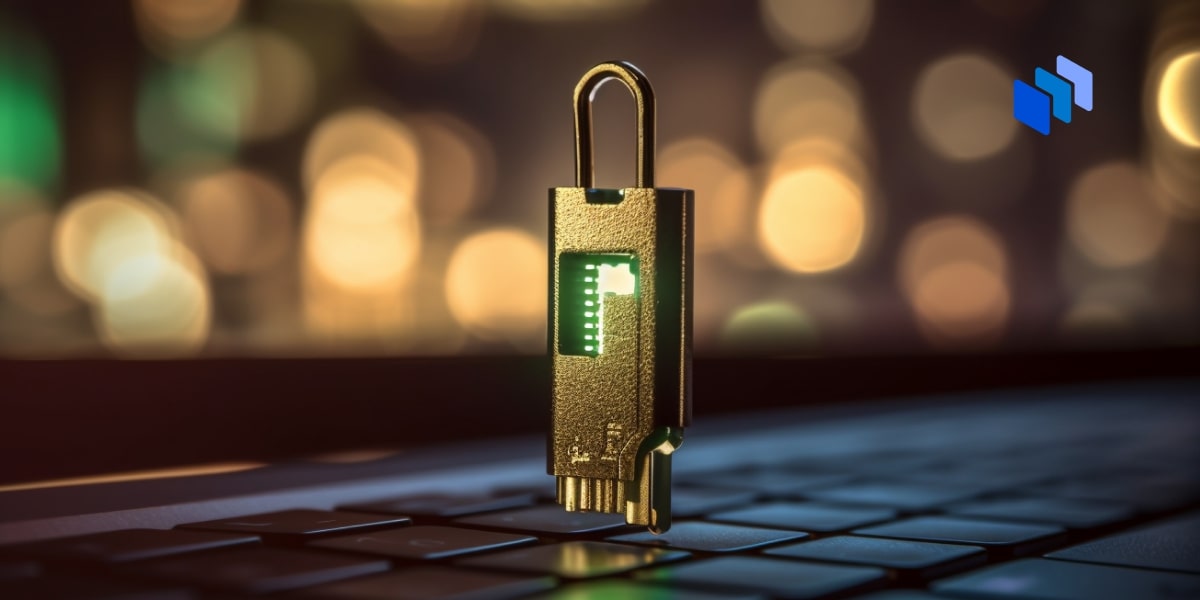What Does Assisted GPS Mean?
Assisted GPS (A-GPS) is a system allowing global positioning system (GPS) receivers to obtain information from network resources to assist in satellite location. An A-GPS system is especially useful when the receiver is in a location where it is difficult for the satellite signals to penetrate.
Techopedia Explains Assisted GPS
GPS was originally built solely for military purposes, where it was used to guide aircraft, soldiers, and even bombs. In most instances, the receivers were positioned in open areas having line-of-sight access to satellites. But since GPS was opened for commercial use, new applications introduced greater demands on the system.
These new applications required GPS signals to reach places blocked by some sort of overhead cover such as trees or roofs. Thus, the concept of A-GPS or assisted GPS was created. In addition to providing better coverage, A-GPS also improves the start-up time, which is the time required by the satellites and the receivers to establish a reliable connection. This originally took about one minute. For even better coverage, some cellphones make use of a combination of A-GPS and other location-based technologies such as a Wi-Fi positioning system and cell site triangulation.
Some of the first A-GPS-enabled cell phones, such as those from Verizon Wireless and Sprint-Nextel, had special chips allowing them to lock into the system, even with only two satellites in the line-of-sight. Additional information was provided by the carriers’ wireless network. These chips are much less expensive than regular GPS chips and consume less power.





